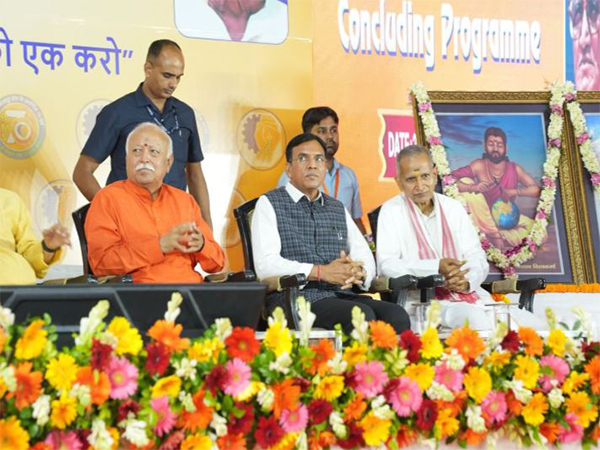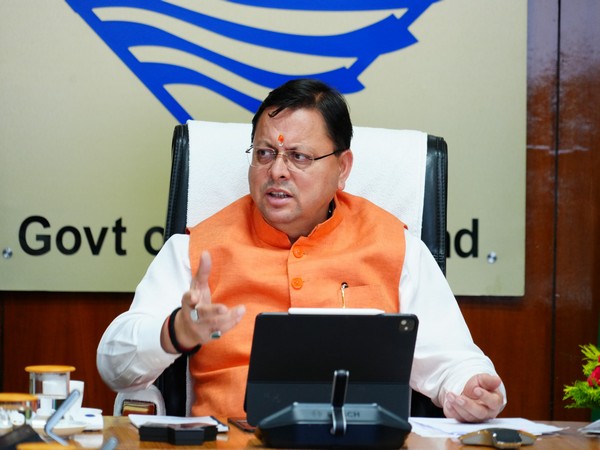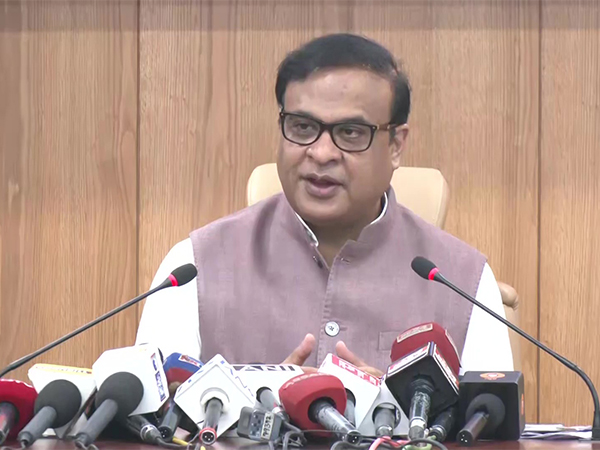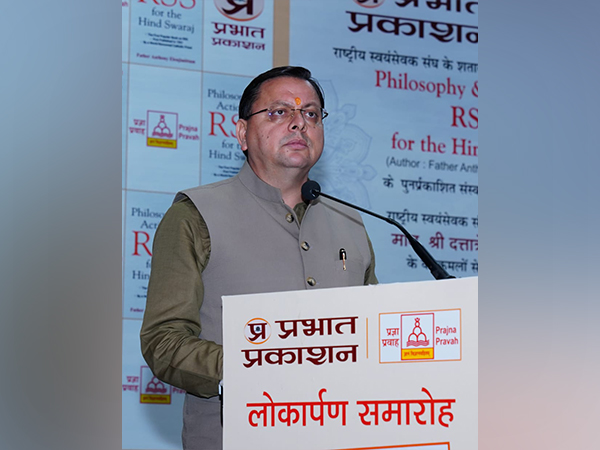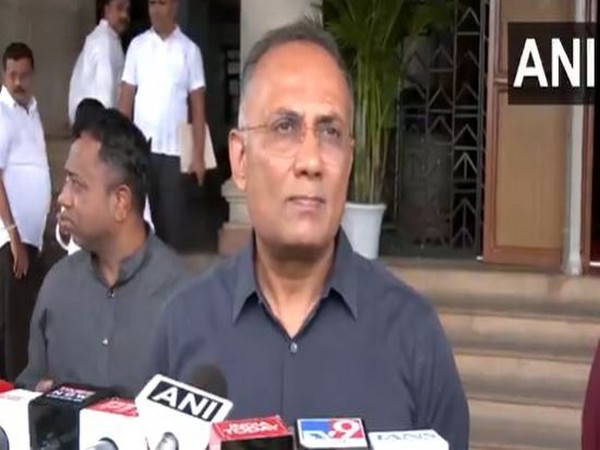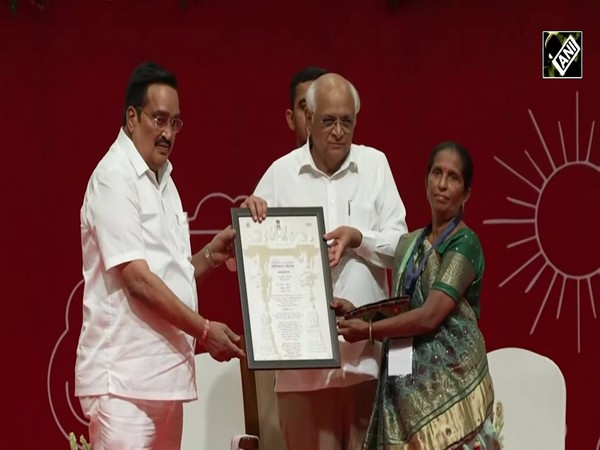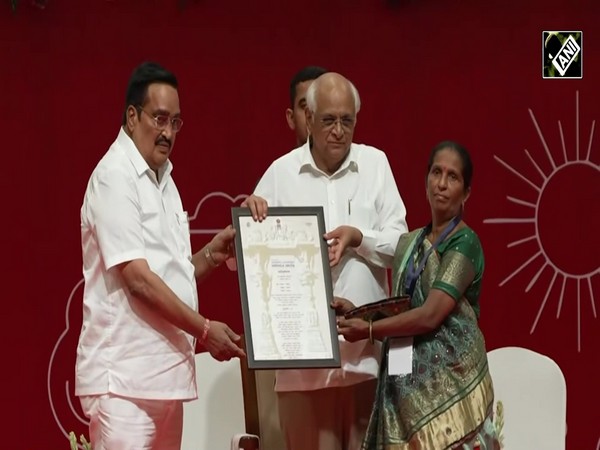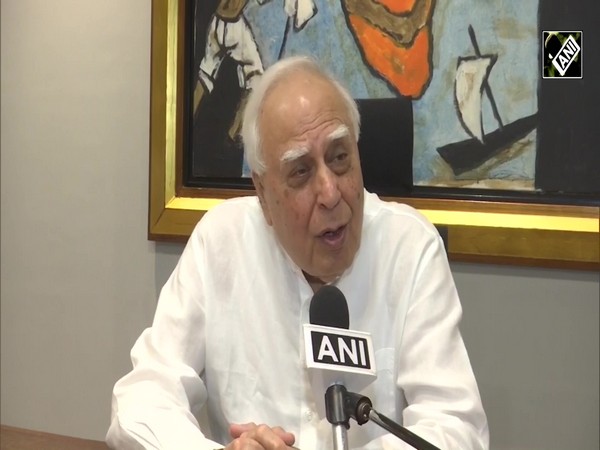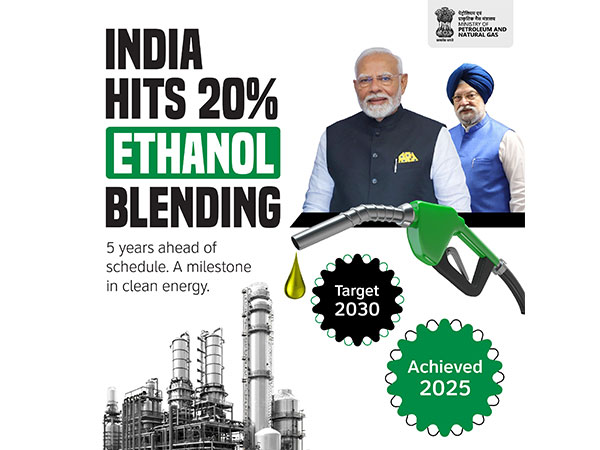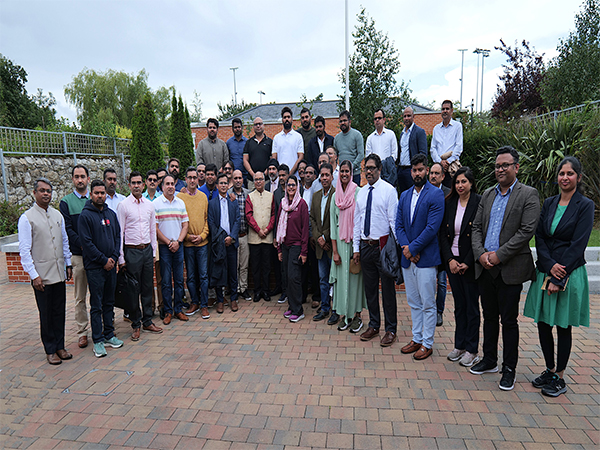
India emerges as a global mobile manufacturing powerhouse, says CDS study
Jul 23, 2025
New Delhi [India], July 23 : A study by Centre for Development Studies (CDS) has quantifiably ascertained the progress of the Mobile Manufacturing sector in India, with India rapidly ascending to become the world's 3rd-largest mobile phone manufacturing-based exporter at USD 20.5 Billion (CY2024).
This transformation, starting in 2017, is attributed to sustained government support, and strategic integration into global value chains (GVCs) with a sharp policy pivot towards exports with the launch of the Production Linked Incentive (PLI) Scheme in 2020, according to an official statement.
The study, led by Professor C Veeramani, Director and RBI Chair professor, tracks India's extraordinary journey from an import-reliant mobile market in 2014- 15 to a global production and export hub in 2024-25.
The study has found that mobile phone exports surged from just USD 0.2 Billion in 2017-18 to USD 24.1 Billion in 2024- 25, driven primarily by large-scale export production.
"This staggering 11,950 per cent increase marks a structural shift in India's manufacturing orientation. Exports now outpace domestic demand and are the primary driver of production growth. The country has been recording a robust positive net export trend in mobile phones since 2018-19," the statement read.
India's mobile phone production saw a significant rise in Domestic Value Addition (DVA), both directly and through supporting industries, suggesting a maturing ecosystem with stronger domestic participation, according to the study.
"The Total DVA (direct + indirect) increased to 23 per cent, amounting to more than 10 Billion USD in 2022-23. This was estimated using Annual Survey of Industries (ASI) plant level data, Ministry of Commerce export-import data bank, and industry estimates," the statement added.
Direct DVA, according to the study, increased from USD 1.2 billion (2016-17 to 2018-19) to USD 4.6 billion (2019-20 to 2022-23) - a 283 per cent rise. Indirect DVA rose by a much higher percentage, from USD 470 million to USD 3.3 billion - a 604 per cent leap. Indirect DVA refers to the backward linkages of the mobile phone industry - that is, the value added by domestic suppliers of components and services used in production.
According to ASI data, the total employment (combining direct and indirect) associated With mobile phone production has grown significantly to more than 17 lakhs in 2022-23.
The analysis also revealed that Jobs linked to exporting of mobile phones surged by over 33 times.
"The study also analysed wage growth in the sector. It reported notable wage increases, especially in export-linked roles - indicating a strong economic spillover into salaries and income levels," the statement read.
While presenting the study, Veeramani emphasised, "India's success mirrors the path taken by other Asian economies - achieving scale first, and deepening value addition over time. Exports at global scale is the foundation for long-term competitiveness, and continued government support in this space will remain critical over the next decade. With the mobile phone manufacturing providing a blueprint for growth, India can replicate similar strategies across the electronics sector to position the country as a global manufacturing leader."
On the findings of the study, Pankaj Mohindroo, Chairman, India Cellular & Electronics Association (CEA), remarked, "This study reaffirms what ICEA has consistently advocated that strategic integration into global value chains is critical for scaling exports, enhancing domestic value addition, and creating jobs. The evidence clearly validates our position that India's participation in backward-linked GVCs has delivered substantial gains to the country."
The report recommends that policymakers maintain an outward-oriented strategy and address structural issues. Key recommendations include liberalising trade policies, resolving tariff distortions, and focusing on scale over early-stage localisation mandates - all aimed at addressing India's cost disabilities. This would also require investments in logistics, FDI facilitation, and ecosystem development for sustaining this momentum.
